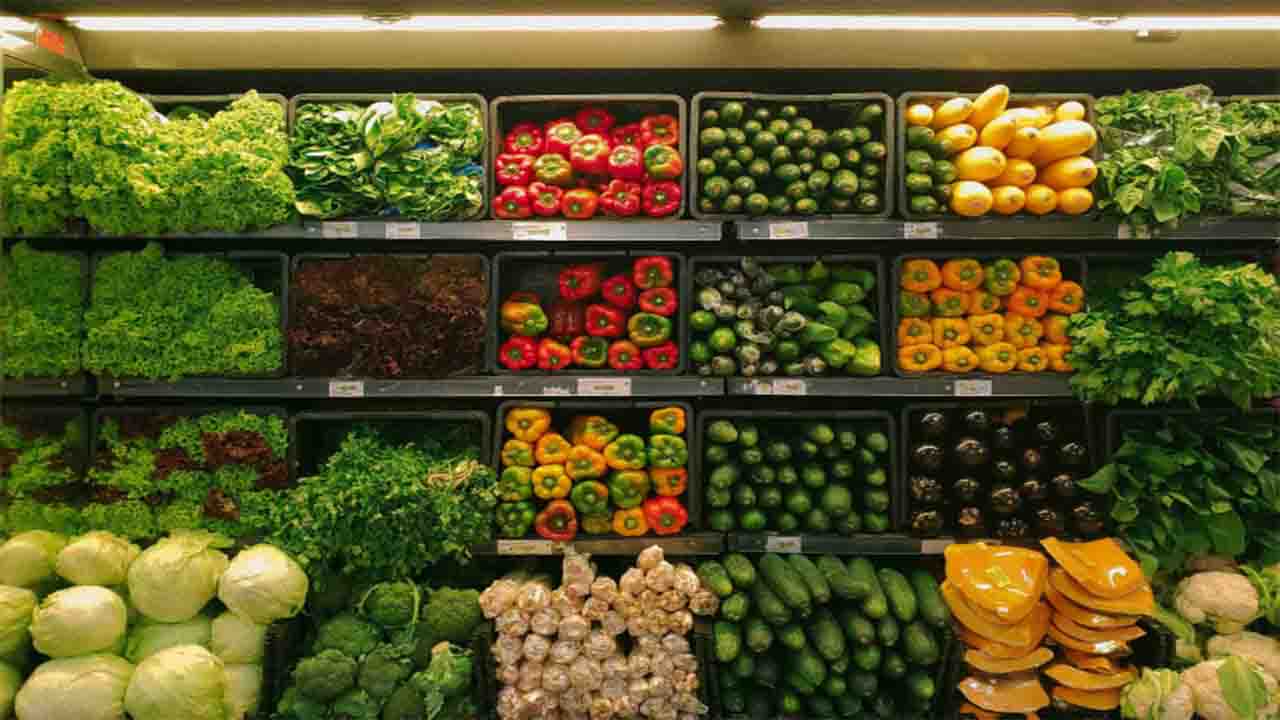(Commonwealth_ In 2018, British supermarkets came under scrutiny from the UK’s Grocery Code Adjudicator for allegedly prioritizing profits over the welfare of their suppliers. Among the reported practices were fines imposed on suppliers for various reasons, including non-compliant barcodes. To address these concerns, the UK Grocery Code Adjudicator intervened to protect the rights of producers and suppliers, urging major retailers like Tesco, Asda, Morrisons, and the Co-Op to enhance their understanding and adherence to the Groceries Supply Code of Practice (GSCoP).
Fast forward to 2023, where the UK government hosted a significant event the UK Farm to Fork Summit at 10 Downing Street. During this summit, the government unveiled plans to allocate £12.5 million to support research projects promoting environmental sustainability and resilience on farms. Additionally, a working group comprising plant breeders, food manufacturers, and retailers was established to develop approaches facilitating the seamless delivery of products to consumer shelves. The government emphasized the importance of farmers receiving fair compensation for their produce and highlighted the Agriculture Act 2022, which provides new powers to support the agricultural sector.
Furthermore, the UK government reaffirmed its endorsement of the Groceries Code Adjudicator (GCA) and its pivotal role in ensuring fairness within the UK food supply chain. Acting as an independent regulator, the GCA ensures that designated retailers and supermarkets treat their direct suppliers lawfully and equitably, while also ensuring compliance with the Groceries Supply Code of Practice. This regulatory oversight aims to address disparities in supply agreements and streamline supply chain processes, ultimately facilitating faster and fairer payments for all involved parties.
One key aspect crucial for effective collaboration across the supply chain is transparency and traceability. Achieving this requires robust systems for tracking and recording essential information throughout the supply chain. Organizations like GS1 provide standards and frameworks for implementing systems that enable accurate and digital traceability. By leveraging technologies like barcodes linked to digital infrastructure, stakeholders can enhance transparency and traceability across the entire supply chain, from farmers and fresh produce suppliers to retailers and supermarkets.
Transparency and traceability are essential for seamless collaboration across the supply chain. Robust tracking systems, facilitated by organizations like GS1, ensure accurate record-keeping. Leveraging technologies such as barcodes linked to digital infrastructure enhances transparency from farmers to retailers
However, the effectiveness of these systems relies heavily on the quality of labels and barcodes. Poorly printed labels can compromise traceability efforts and hinder communication within the supply chain. Therefore, stakeholders must invest in proven printing technologies capable of producing high-quality, legible labels. Thermal transfer industrial label printers, known for their robustness, are often preferred for this purpose. Partnering with established printing technology providers ensures access to reliable equipment and aftersales support, essential for maintaining operational excellence.
Six months following the Farm to Fork Summit, the National Farmers’ Union (NFU) echoed the imperative for enhancements in supply chain operations, fairness, and transparency, particularly within the dairy, horticulture, and poultry sectors. This reaffirms the persistent endeavors of diverse stakeholders, spanning government entities, regulatory bodies such as the Grocery Code Adjudicator (GCA), and industry associations like GS1, in advancing supply chain transparency and traceability initiatives.
The quest for enhanced transparency and traceability within the food supply chain necessitates concerted action from all involved parties. The integration of digitization and reliable printing technologies emerges as pivotal in fostering seamless communication and upholding the integrity of traceability systems. Embracing these innovative solutions holds the promise of ushering in a transformative era marked by heightened efficiency and accountability, thus safeguarding the integrity of the entire “Farm to Fork” journey.








